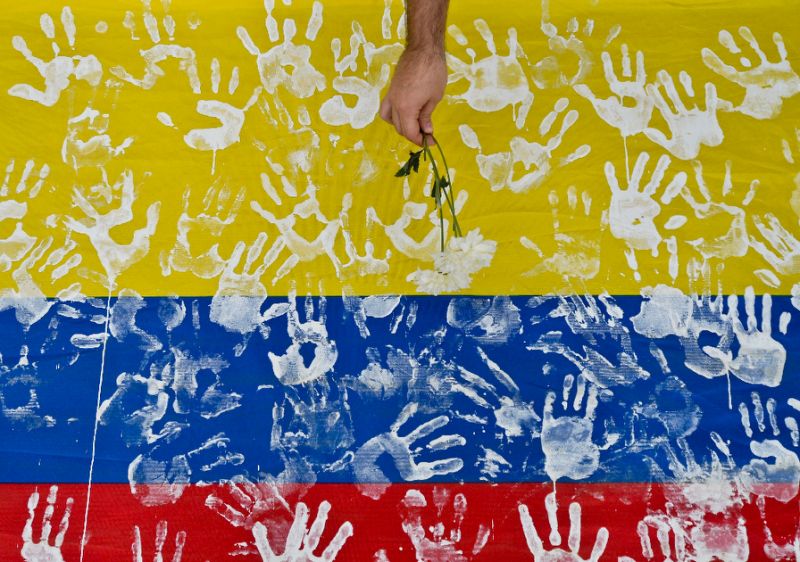Columbian referendum
November 27, 2016 | Expert Insights

On 02 October 2016, voters in Columbia rejected the landmark peace deal with FARC rebels. The deal was signed between President Juan Manuel Santos and FARC leader Timoleon Jimenez. However, it needed to be ratified through national referendum, to come into force. The result was unexpected with 50.2% voting against it. Many prominent politicians including UN Secretary General Ban Ki Moon had backed the ‘Yes’ campaign. The ‘No’ campaign was led by former President Alvaro Uribe.
What Was the Deal?
Special courts would be created to try FARC crimes committed, during the conflict. Those who confessed would receive lighter sentences and avoid time in conventional prisons. Demobilized FARC rebels would receive monthly stipend and financial assistance to set up businesses. FARC would be guaranteed 10 seats in the Columbian Congress after the 2018 and 2022 elections.
Why was the Deal Criticized?
The deal would enable FARC criminals to run for office, hold public office without electoral mandate, avoid jail-terms and provided no compensation to victims of FARC crimes. It would also necessitate changes to the Columbian Constitution. In 50 years of civil war, it is estimated that 2.6L people lost their lives.
Are we underestimating the efforts needed for a mature mandate?
In recent weeks, this is the third surprise election verdict. The others being the US Congress vote on JASTA and then expressing ‘Buyer’s Remorse’ and BREXIT. In both BREXIT and Columbia, people in power had presumed an endorsement of their view and were surprised. In the US Congress, there was perhaps lethargy and inadequate application of mind, due to the ‘end of term’ mood. More important, elections by itself should not be presumed to be a panacea for political challenges, they require time & effort to obtain a reasonable people’s mandate.
Sources: CNN, BBC, Wikipedia








Comments